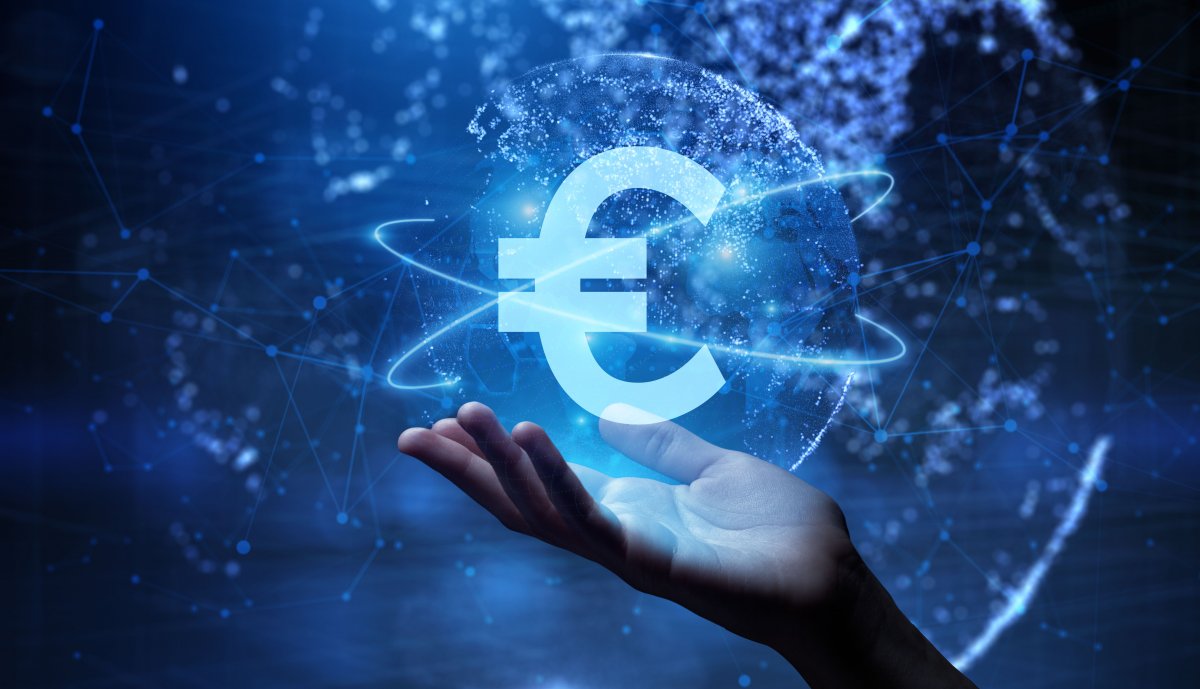The European Central Bank (ECB) is continuing to work on the details of the design of the digital Euro. A second round of experiments is to take place next year, together with merchants, banks, payment service providers, fintech start-ups, researchers, and other market participants. More concrete activities will be announced at the beginning of 2026, explained Piero Cipollone, member of the ECB’s Executive Board. “We hope to generate renewed interest among stakeholders to maximize the potential for innovative ideas,” said Cipollone.
According to the ECB report, an already completed round of experiments with 70 market participants has shown various innovative applications for the digital Euro. In particular, concepts for conditional payments have been tested, in which conditions are set in advance, after the fulfillment of which the money can flow automatically. For example, when an order is placed, the money could only be released after delivery has taken place, which the ECB sees as a benefit for consumer protection. There is also potential for payments in local public transport and at toll stations.
Introduction in 2029?
The guardians of the Euro have been working on a digital version of the single European currency for years under the leadership of the European Central Bank (ECB). According to recent statements by ECB Executive Board member Piero Cipollone, 2029 could be a realistic date for the introduction of the digital Euro.
With such an offer, the euro central banks want to counter private providers, especially from the USA, such as PayPal, Mastercard, and Visa, which currently dominate the market for digital payments in Europe, with a European digital payment offer. The digital Euro will then be available to end users via an ECB wallet application.
There is still no final decision on the introduction of the digital Euro. The EU Commission has proposed a legal framework for 2023, but the final legislation is still in the works. The EU finance ministers also met on the topic last week. The agreement reached provides for the ministers to have a say in the final decision on the introduction and in setting upper limits for the possession of the digital euro. It was also rumored that the EU leaders want to finally accelerate the project because they fear competition from US stablecoins.
(axk)
Dieser Link ist leider nicht mehr gültig.
Links zu verschenkten Artikeln werden ungültig,
wenn diese älter als 7 Tage sind oder zu oft aufgerufen wurden.
Sie benötigen ein heise+ Paket, um diesen Artikel zu lesen. Jetzt eine Woche unverbindlich testen – ohne Verpflichtung!
